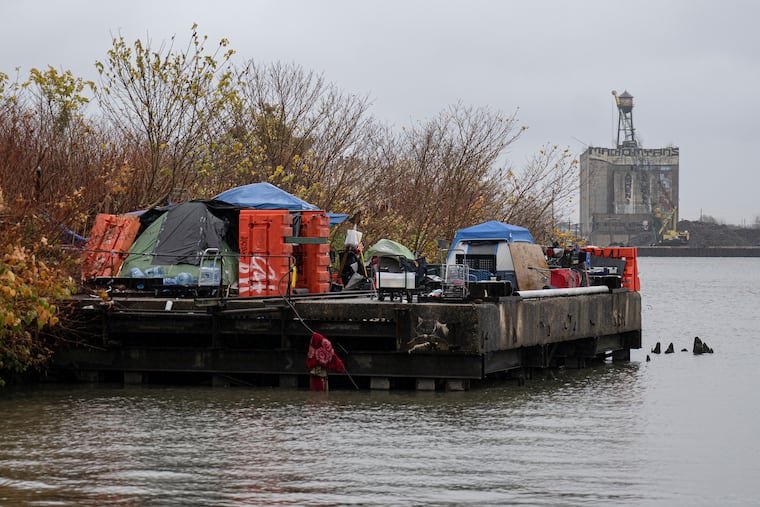Florida Legislature enacts new hurricane crane safety regulations following a recent accident.
TALLAHASSEE — In the wake of Hurricane Milton, which caused a crane to collapse onto a downtown St. Petersburg office building, Florida lawmakers are advancing new regulations aimed at enhancing the safety of construction operations during severe weather events. The legislative body unanimously approved a bill that mandates all hoisting equipment at construction sites to be secured no later than 24 hours before a hurricane makes landfall.
This legislative response follows an investigation that uncovered considerable deficiencies in the oversight of heavy machinery, particularly cranes, used in construction. A law enacted over a decade ago effectively barred local governments from establishing their own regulations concerning crane safety and hurricane preparedness. Without specific guidelines in place, crane operators often lacked protocols to manage the risks associated with hurricanes.
Senator Nick DiCeglie and Representative Fiona McFarland sponsored Senate Bill 180, which not only addresses crane safety but also encompasses broader emergency preparedness measures. The bill garnered broad bipartisan support and was passed on the final day of the regular legislative session.
Under the new legislation, while the existing law preventing local governments from regulating cranes remains intact, the state will impose several critical requirements. These include ensuring that hydraulic crane booms are retracted, tower cranes are configured in a weathervane position, and all power at crane bases is turned off before a storm arrives. Failing to comply with these regulations could result in severe penalties, including the suspension of business licenses for noncompliant entities.
Additionally, all construction sites will be required to maintain a hurricane preparedness plan for cranes, readily available for inspection by authorities. To further enforce these new safety measures, the Florida Building Commission will compile a report outlining best practices for crane operation during hurricane threats, due by the end of 2026.
The recent crane collapse, which devastated a structure on First Avenue South housing multiple businesses, has underscored the critical need for enhanced regulations. Governor Ron DeSantis has yet to sign the bill, and previously expressed skepticism about necessitating increased oversight, questioning whether extensive regulations are warranted.
Notably, the landscape of crane regulation in Florida is a complex one, influenced by legal challenges from contractors that have historically sought to limit local regulatory power. In a 2008 case, a federal judge ruled against Miami-Dade County’s attempts to impose crane safety regulations for hurricane preparedness, asserting that such oversight should be under the jurisdiction of federal safety entities.
Although efforts to alter the preemption prohibiting local regulations have seen limited success, there has been a collective acknowledgment of the vital necessity for uniform safety standards across the state. Stakeholders, including the Associated Builders and Contractors of Florida, have ultimately expressed approval of the newly established regulations, recognizing them as an essential improvement.
As discussions around safety legislation continue, local officials maintain that these new measures represent an important step forward in safeguarding communities from the dangers posed by extreme weather conditions and construction equipment.





